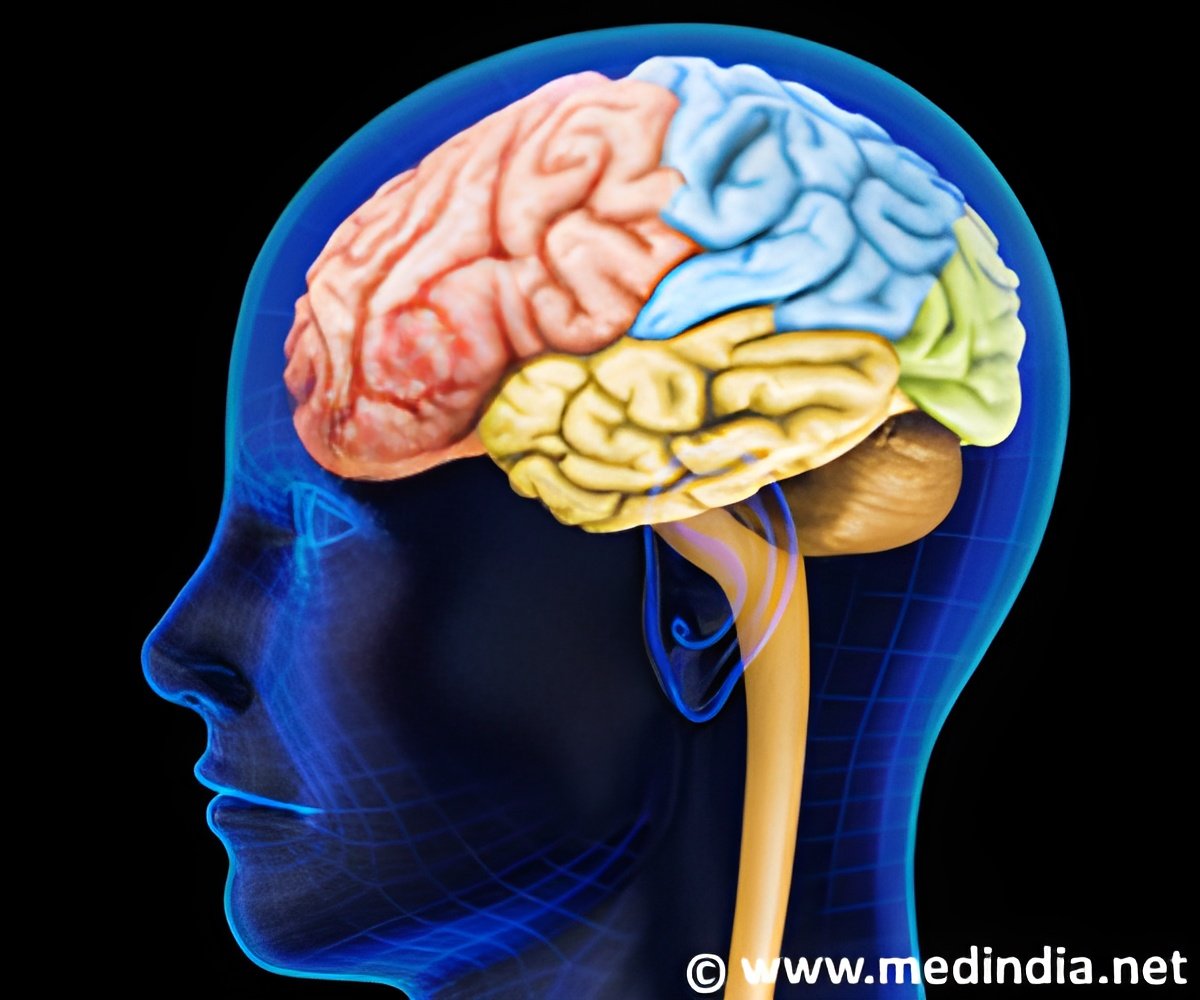Understanding the pathogenesis of brain edema may allow for the prevention and treatment of edema in the field of neurosurgery. This in turn will result in better treatments for intracranial diseases.
Understanding the pathogenesis of brain edema may allow for the prevention and treatment of edema in the field of neurosurgery. This in turn will result in better treatments for intracranial diseases.
Wanyin Ren and colleagues from Guangdong Medical College, China established an experimental model of traumatic brain injury in Sprague-Dawley rats according to Feeney's free falling method, and harvested the brains harvested at 2, 6 and 24 hours, and at 3 and 5 days after injury for observing pathological changes of brain tissues and expression of occludin and connexin 43. They found that changes in occludin and connexin 43 expression were consistent with the development of brain edema, and may reflect the pathogenesis of brain injury. These findings were published in the
Neural Regeneration Research (Vol. 8, No. 29, 2013).
Source-Eurekalert
